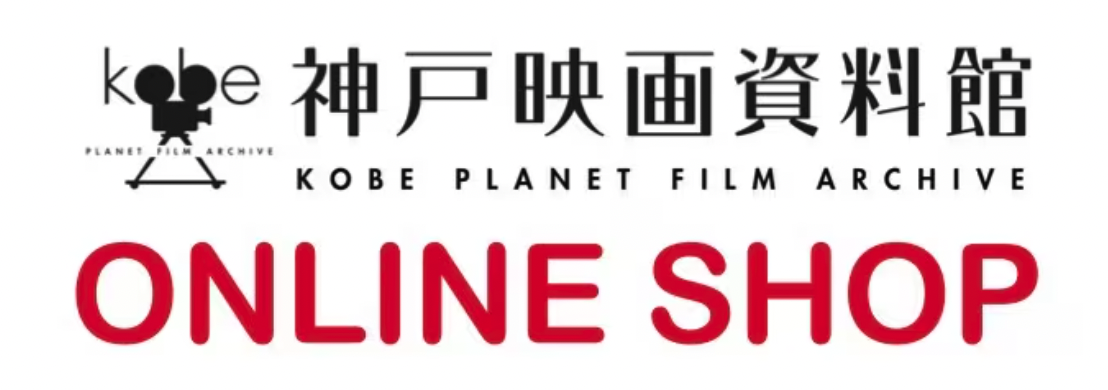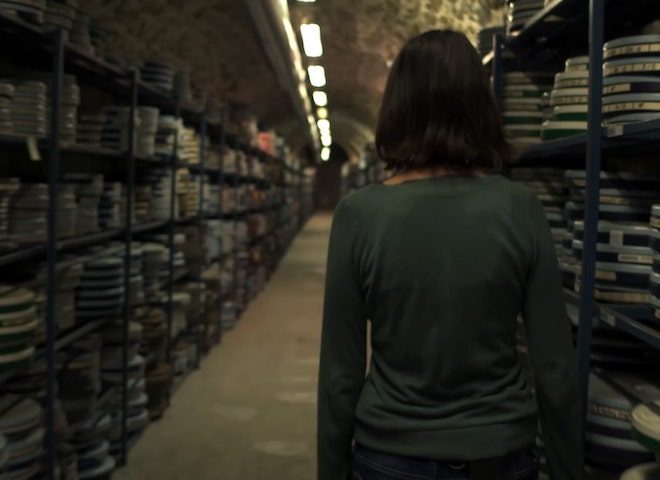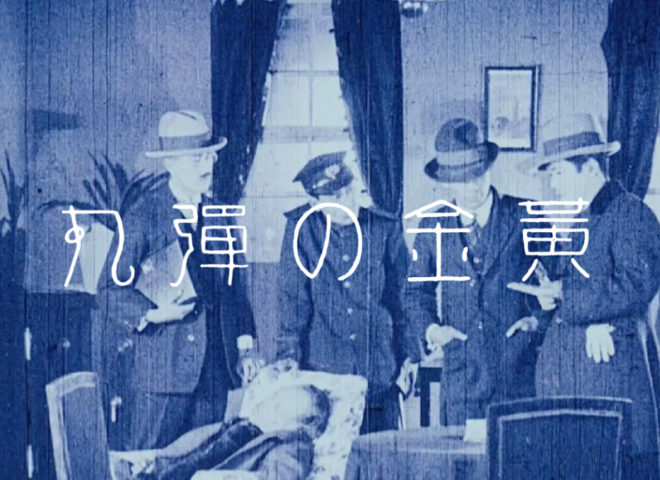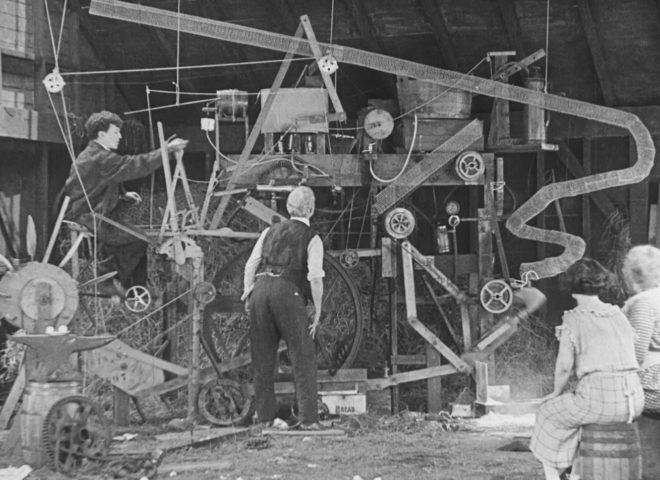Closed Wednesdays and Thursdays
Entrance free (with the exception of film screenings and some events)
Asta-kunizuka-1-bankan 2F, 5-5-1-201 Udezuka-cho, Nagata-ku, Kobe 653-0036
TEL/FAX:078-754-8039
info@kobe-eiga.net
A Film Archive, Small but Mighty
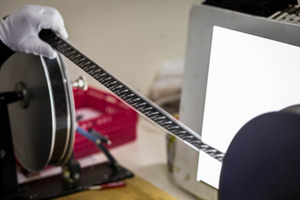 The Kobe Planet Film Archive collects, preserves, and makes public: film prints, books, posters, equipment, and other materials related to cinema.
The Kobe Planet Film Archive collects, preserves, and makes public: film prints, books, posters, equipment, and other materials related to cinema.
It is one of the largest private-run film archives in Japan, with a collection of over 22,000 films.
From a personal collection initiated by Director Yasui Yoshio, the trove has grown to be one of invaluable importance. Thanks to an impartial archiving policy that allowed the inclusion of films that were neither popular nor acclaimed at the time, the collection has managed to preserve forgotten films and cover overlooked genres. This has led to many titles, once thought lost, to be salvaged.
As a small organization, we were long concerned that we were not making adequate progress with our research – we knew that many films lay unidentified in our vaults because of limited means.
But as we nevertheless kept responding to research requests and sharing our materials, we gradually realized that we needn’t do everything by ourselves – we could work in collaboration with others. As a private archive whose origins lay outside governmental or corporate incentives, working cooperatively with associates was perhaps the more suited mode for us and our activities.
Today, we aspire to be an open film archive where for example, non-professional film fans can take part in cataloguing pamphlets, posters and flyers, and historical analysis of film materials is made possible in collaboration with specialists.
Our 38-seat screening room is small, but our projection room is of professional standard, including equipment for 35mm film projection. On weekends and special occasions, we host screenings of film prints from our archives as well as other classic films and cutting-edge contemporary films that are not shown in commercial cinemas, and present events like film lectures.
Archived materials include:
Films: approximately 18,000
Books and film magazines: approximately 10,000
Movie pamphlets
Publicity materials (posters, flyers, stills, hand-drawn sign boards, etc)
Projection, camera, editing, and sound equipment, etc
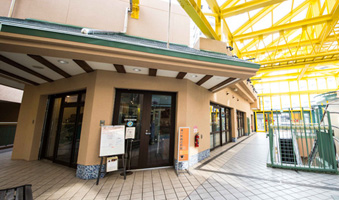
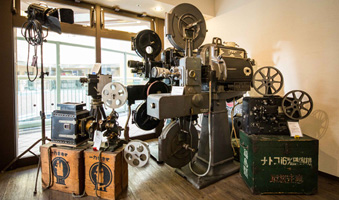
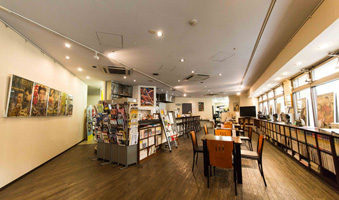
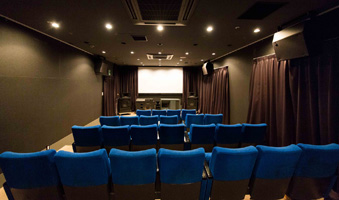
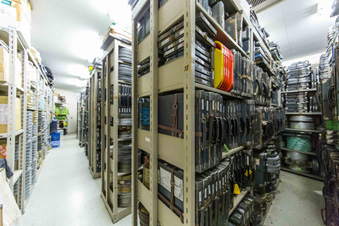
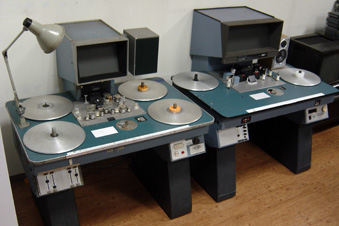
Film Discovery
The Kobe Planet Film Archive continues to re-discover legendary films that were thought to have been lost.
Main discoveries include:
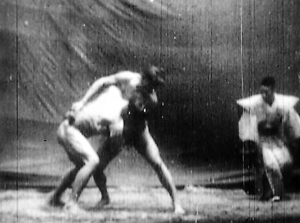
Ryogoku Grand Sumo in 1895 (Meiji nijyuhachinen no Ryogoku oozumou)
1900 Cinematography: Tsuchiya Jyoji
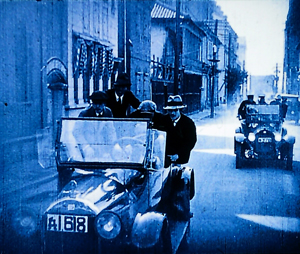
The Golden Bullet (Ougon no dangan)
1927 Director:Innami Hiroshi
Filmed in the Kobe Foreign Concession
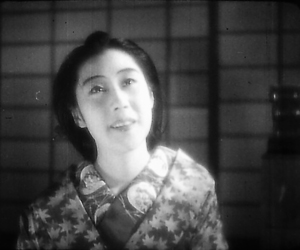
The Downfall of Osen (Orizuru Osen)
1935 Director:Mizoguchi Kenji
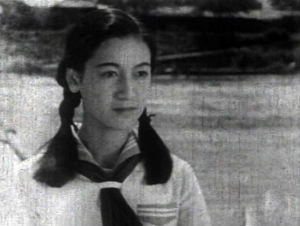
Throw the Soul (Tama wo nagero)
1935 Director:Taguchi Satoshi
The oldest known screen appearance of Hara Setsuko
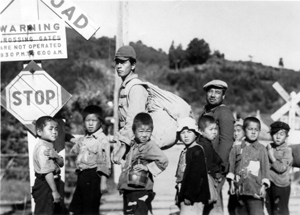
Children of the Beehive (Hachinosu no kodomotachi)
1948 Director:Shimizu Hiroshi
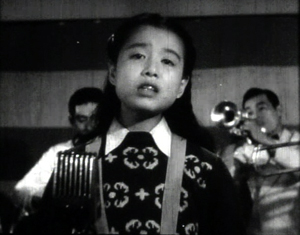
Inferno of Passion in the South Seas (Nankai no jyoka)
1950 Director:Takagi Koichi
Featuring Misora Hibari in her early teens
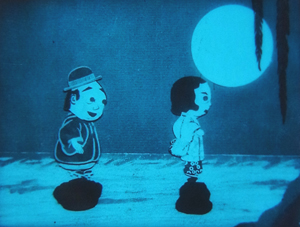
An Old Fool (Noroma na jiji)
1924 Director: Ofuji Noburo
Ofuji Noburo’s first film
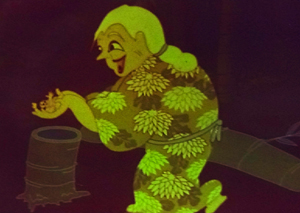
Princess Kaguya (Taketori Monogatari)
1961 Director: Ofuji Noburo
Ofuji Noburo’s unfinished last film
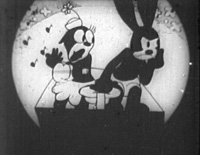
Mickey Cartoon Speedy (Mickey Manga Spide)
Shortened version of Neck & Neck (1928), the short features Oswald the Lucky Rabbit, a precursor to Mickey Mouse
Kobe and Film: The Beginning of Japanese Film History
It was 1896 in Kobe when Edison’s kinetoscope, an instrument to view the moving image, first landed in Japan. The device was made available to the public at the Shinko Club for seven days from November 25 to December 1. This is why December 1st was subsequently designated Movie Day in Japan. The cinematograph, a method devised by the French of projecting the moving image onto a screen, was adopted the following year (1897) by the Aioi Theater in Kobe and soon won popularity.
Shinkaichi became Kobe’s first movie theater district, where the long beloved film critic Yodogawa Nagaharu (1909 – 1998) immersed himself since childhood. As most Japanese films in the pre-1930s era are lost, his spirited commentary about the films he had seen made marked historical contribution and he is remembered to this day as a remarkable cinematic legend of Kobe.
History of Kobe Planet Film Archive
| 1974…… | Kobe native Yasui Yoshio and other film buffs establish the Planet Bibliothèque de Cinéma in Osaka, and begin showing films and collecting film-related materials. |
|---|---|
| 1995…… | Yasui, together with Tomioka Kunihiko, opens the screening room Planet Plus One in Umeda, Osaka (It is currently headed and managed by Tomioka), to run regular screenings of films from the collection. |
| 2006…… | In the wake of the 1995 Great Hanshin Earthquake, Hyogo Prefecture and Kobe City provide support to build an institution for film and culture using Planet Film Library’s assets, in order to revive Kobe’s Shin-Nagata neighborhood which was seriously affected by the disaster. |
| 2007…… | On March 25, Kobe Planet Film Archive is opened. The Shin-Nagata Town Management Company heads “Project to Invigorate Hyogo Prefecture Shopping Districts” and designates Kobe Planet (director: Yasui Yoshio) as contractor. |
| 2009…… | From April on, Kobe Planet takes on Kobe Film Archive under independent management. |
| 2012…… | Kobe Documentary Film Festival Organizing Committee is established (renamed Kobe Film Archive Organizing Committee in 2017), by the Shin-Nagata community of cultural activists and Kobe scholars. The Committee starts an annual film festival and begins organizing projects featuring Kobe. |
| 2014…… | In August, Kobe Film Preservation Network is established, with a clear focus on film archiving activities. Receiving designation from the government’s Agency for Cultural Affairs’ “Project to Support Art Museums and History Museums in Priority Areas”, comprehensive research into the Archive’s film collection becomes possible. This important work allows the Archive to share its assets and conduct collaborative research with other institutions and scholars. It is a huge step towards the ideal open archive. |
| 2019…… | In November, Planet Film Preservation Network (Specified Nonprofit Corporation) is established. |
Director Yasui Yoshio
Planet Bibliothèque de Cinéma
Planet Film Preservation Network (PFPNet)
Kobe Film Preservation Network (KFPNet)


